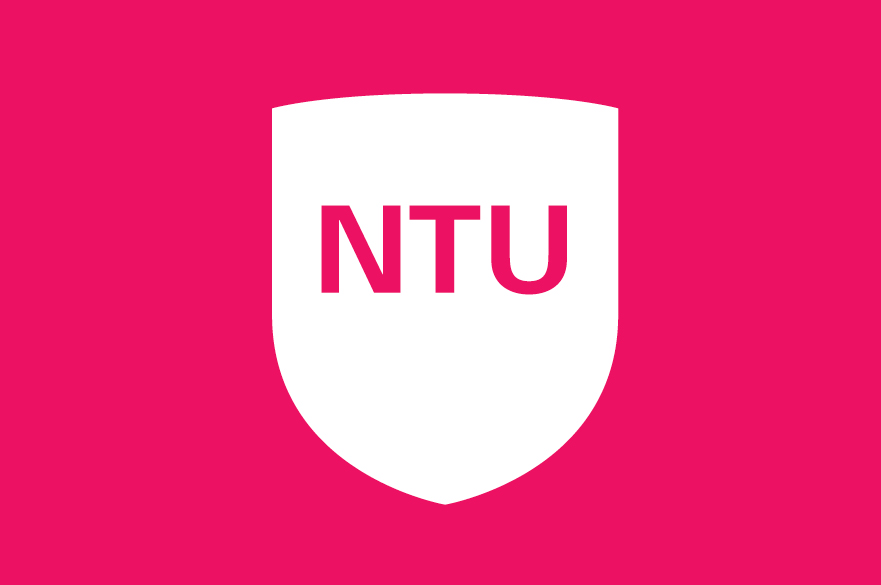Overview
Gender-responsive project management (GRPM) refers to the design of inclusive projects that provide equitable benefits across genders (EIGE, 2022; Fesenko et al., 2017; ILO, 2020), ensuring that both men and women have equal opportunities to participate in, contribute to, and benefit from a project.
Gender inequality remains a global challenge, with women disproportionately affected by poverty and holding fewer economic opportunities (Götzmann & Bainton, 2021; ILO, 2018; UN Women, 2024). Although integrating gender considerations in projects is crucial, only a limited percentage of development projects adopt gender-responsive approaches For instance, APM (2024) data shows that only 30% of project professionals are women, and only 27.13% of projects in the EU include gender-focused practices (European Parliament, 2022). Lack of intentional gender integration in projects can risk reinforcing inequities, especially impacting women and gender minorities (Thomas & Buckle-Henning, 2007; UN Women, 2021).
Studies suggest that GRPM can improve project outcomes by ensuring equitable benefits across genders and by enhancing participation and completion rates, particularly in resource-limited settings (McKinsey, 2021; Westerman, 2021). By failing to incorporate gender-responsive practices, development projects may inadvertently perpetuate existing inequalities, limiting the impact and sustainability of project outcomes (Doss et al., 2018). This imbalance highlights the importance of systematically integrating gender-responsive strategies into project management to encourage more inclusive development.
The persistence of gender inequality restricts economic opportunities for women and hinders broader societal development. Without intentional efforts to address these disparities, development projects in particular risk reinforcing structural inequities. Therefore, there is a need to explore how GRPM can be effectively implemented to improve both gender equity and project outcomes (Chattopadhyay & Duflo, 2004; Agarwal, 2019). Proposals submitted for this project should aim to bridge the gap in current project management practices and research, supporting organisations in embedding gender-equitable practices into their project lifecycles.
Nottingham Business School is triple crown accredited with EQUIS, AACSB and AMBA – the highest international benchmarks for business education. It has also been ranked by the Financial Times for its Executive Education programmes in 2023 and 2024. NBS is one of only 47 global business schools recognised as a PRME Champion, and held up as an exemplar by the United Nations of Principles of Responsible Management Education (PRME).
Its purpose is to provide research and education that combines academic excellence with positive impact on people, business and society. As a world leader in experiential learning and personalisation, joining NBS as a researcher is an opportunity to achieve your potential.
Applications for October 2025 intake closes on 1st July 2025 and applications for Jan 2026 intake closes on 1st October 2025.
Staff profiles
Entry qualifications
UK: Successful applicants for the PhD in Nottingham Business School normally hold a first or upper second-class honours degree from a UK university or an equivalent qualification. Candidates with a lower second-class degree may apply if they hold a Master’s degree at Merit level or higher.
International: Successful applicants for the PhD in Nottingham Business School normally hold a first or upper second-class honours degree from a UK university or an equivalent qualification.
How to apply
Applications for October 2025 intake closes on 1st July 2025 and applications for Jan 2026 intake closes on 1st October 2025. Please visit our how to apply page for a step-by-step guide and make an application.
Fees and funding
This is a self-funded PhD project for UK and International applicants.
Guidance and support
For more information about the NBS PhD Programme, including entry requirements and application process, please visit: https://www.ntu.ac.uk/course/nottingham-business-school/res/this-year/research-degrees-in-business
Nottingham Business School is triple crown accredited with EQUIS, AACSB and AMBA – the highest international benchmarks for business education. It has also been ranked by the Financial Times for its Executive Education programmes in 2023 and 2024. NBS is one of only 47 global business schools recognised as a PRME Champion, and held up as an exemplar by the United Nations of Principles of Responsible Management Education (PRME).
Its purpose is to provide research and education that combines academic excellence with positive impact on people, business and society. As a world leader in experiential learning and personalisation, joining NBS as a researcher is an opportunity to achieve your potential.
